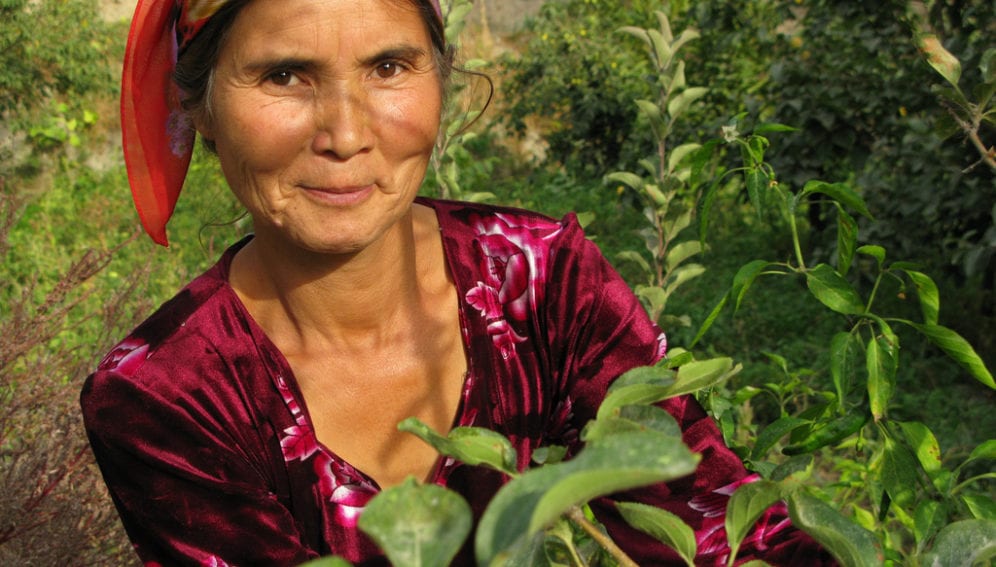By: Henrietta Miers
Send to a friend
The details you provide on this page will not be used to send unsolicited email, and will not be sold to a 3rd party. See privacy policy.
The editor of a recent UN Food and Agriculture Organization (FAO) report has concluded that smallholder farmers must be involved in biotechnology and innovation research to reduce poverty. In doing this, one challenge will be to include female farmers without resorting to tired, traditional gender assumptions that women are the victims in the context of agriculture.
It is well reported that female farmers are central to smallholder farming; they account for up to 50 per cent of the agricultural labour force in some parts of the developing world. Despite this, reports and academic papers often claim that women suffer unequal access to productive resources, such as new technologies, and their constraints and needs must be identified in agricultural interventions. Such sentiments are well reflected in another FAO report on women in agriculture. [1]
“The way forward is to make female farmers central to agricultural research; to see them as leaders — not victims whose constraints overwhelm them.”
Henrietta Miers, WISE Development
The Independent Commission for Aid Impact, the United Kingdom’s aid watchdog, has recently echoed these notions in its review of the UK Department for International Development’s agricultural research programme. In this, it stated that the department needs to focus more on the needs of poor farmers, especially women. [2]
But instead of simply bemoaning women’s lack of access to productive technologies, a more-positive perspective is required. Because women are often responsible for the subsistence farming that ensures their families eat, they should be invited as central participants in agricultural research and viewed as potential leaders in adoption of new technology that will benefit everyone who experiences food insecurity.
Agnes Otzelberger, who coordinates work on gender and climate change at NGO CARE International, expressed exactly this concept at a recent training workshop in Nairobi, Kenya (see video below). She spoke of the need to move away from the ubiquitous claims about women being vulnerable victims of climate change and to start telling different stories.
Such stories do exist already and some show how women can be placed at the centre of research. In India, for example, as part of the Stress-Tolerant Rice for Africa and South Asia (STRASA) partnership, female farmers are involved in choosing the rice varieties that scientists develop, allowing women to evaluate, select and disseminate new rice varieties that suit them.
One female farmer, Asha Singh, participated in a demonstration trial of a particular flood tolerant rice variety, and was then inspired to mobilise 200 female farmers to use it too. This means they spend less time and effort replanting fresh seedlings after heavy rains. [3]
The FAO and other organisations involved in agriculture should take note. The way forward is to make female farmers central to agricultural research; to see them as leaders — not victims whose constraints overwhelm them.
 Henrietta Miers has worked across Africa and Asia as a gender and social development consultant for 15 years, specialising in gender policy. She is senior associate of WISE Development, a consulting company that focuses on boosting the economic opportunities for poor women.
Henrietta Miers has worked across Africa and Asia as a gender and social development consultant for 15 years, specialising in gender policy. She is senior associate of WISE Development, a consulting company that focuses on boosting the economic opportunities for poor women.
See below for a video of Agnes Otzelberger talking about challenging gender assumptions:
References
[1] Food and Agriculture Organization The State of Food and Agriculture 2010-2011: Women in Agriculture — Closing the gender gap for development (FAO, 2011)
[2] Independent Commission for Aid Impact Independent Commission for Aid Impact publishes report on DFID’s Support to Agricultural Research (Independent Commission for Aid Impact, 25 October 2013)
[3] International Rice Research Institute Women farmers can be choosers (IRRI, 6 August 2013)














